Colombia: Digital Presence Now Taxable Under SEP Rules

In December 2022, the Colombian Congress enacted Law 2277, which introduced the Significant Economic Presence (SEP) rules into the Colombian Tax Code (CTC), thus establishing a new nexus criteria for Corporate Income Tax (CIT) liability in Colombia, effective from January 1, 2024.
The SEP rules apply to foreign businesses that sell goods or provide specified digital services to Colombian consumers or users. In November 2023, the Colombian Ministry of Finance (MoF) issued Decree 2039 detailing the implementation of the SEP rules.
On April 30, 2024, the Colombian Tax Authority (CTA) released official guidance on the SEP rule's application through Ruling No. 100208192-305. This ruling addressed several questions from taxpayers about the interpretation and application of the provisions in the CTC and the Unique Tax Decree (UTD), which includes Decree 2039 of 2023.
SEP Application Rules
The SEP rules extended CTA to tax the profits of foreign businesses that lack a physical presence in Columbia but maintain a connection with their market through digital presence or interactions with local consumers or users.
If foreign businesses register with the CTA as taxpayers who will file a return, they will be subject to a 3% income tax rate on the gross amount earned from selling goods and providing services to Colombian consumers or users. However, if foreign businesses do not register a taxpayer who files an annual tax return or if they register but choose to be subject to the withholding tax, they will be subject to a 10% withholding tax on the gross amount.
The ruling clarifies that sales of goods imported into the country, even if not purchased through digital platforms, will be subject to taxation via the SEP if the transaction meets the requirements, regardless of whether the goods were paid for using a foreign compensation account.
Furthermore, the CTA that the SEP rules do not mandate interaction through a digital ecosystem for them to apply. As a result, any sale that fulfills the revenue and "deliberate and systematic interaction" criteria is subject to SEP regulations.
The CTA specified that only digital services listed in the tax law are subject to SEP taxation. In contrast, any services not included are governed by the general rules outlined in Colombian Tax Law.
Foreign service providers who offer accommodation or housing services in real estate within Columbia through a digital platform and generate Colombian-source income from these assets are taxed according to the General Tax Law. This means that this income is not subject to SEP special rules, but commissions earned from using the platform may be taxed under special rules.
Conclusion
Introducing the SEP rules significantly shifts Colombia's approach to taxing foreign businesses. By establishing a new nexus criterion for CIT liability, Colombia can now tax foreign businesses without a physical presence but with a digital or economic presence in the country.
The new rules reflect Colombia's adaptation to the global digital economy, ensuring that foreign businesses contribute to the tax base when they profit from the local market.
Source: Colombian Tax Authority SEP Ruling No. 100208192-305, KPMG, EY

More News from Americas
Get real-time updates and developments from around the world, keeping you informed and prepared.
-e9lcpxl5nq.webp)








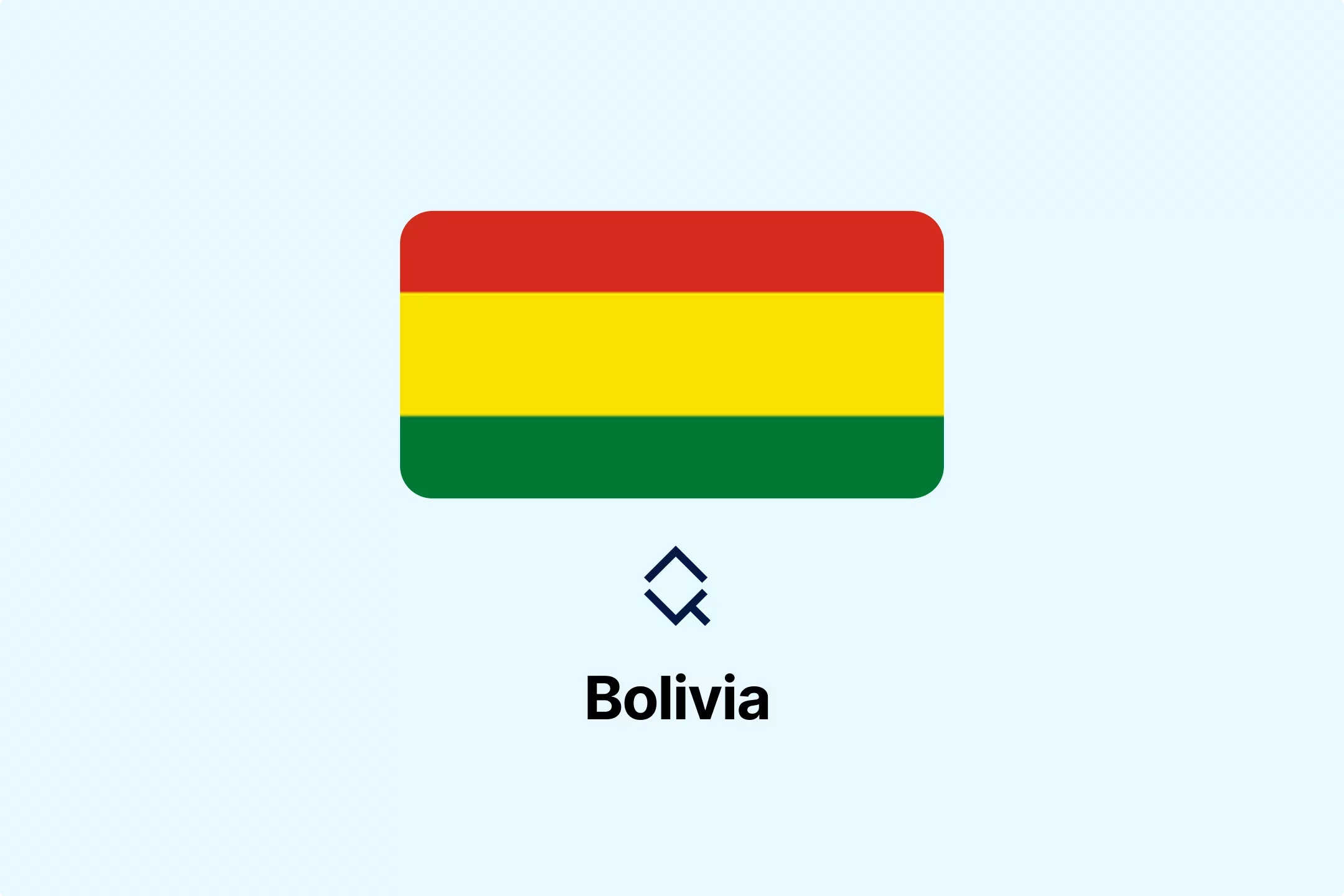

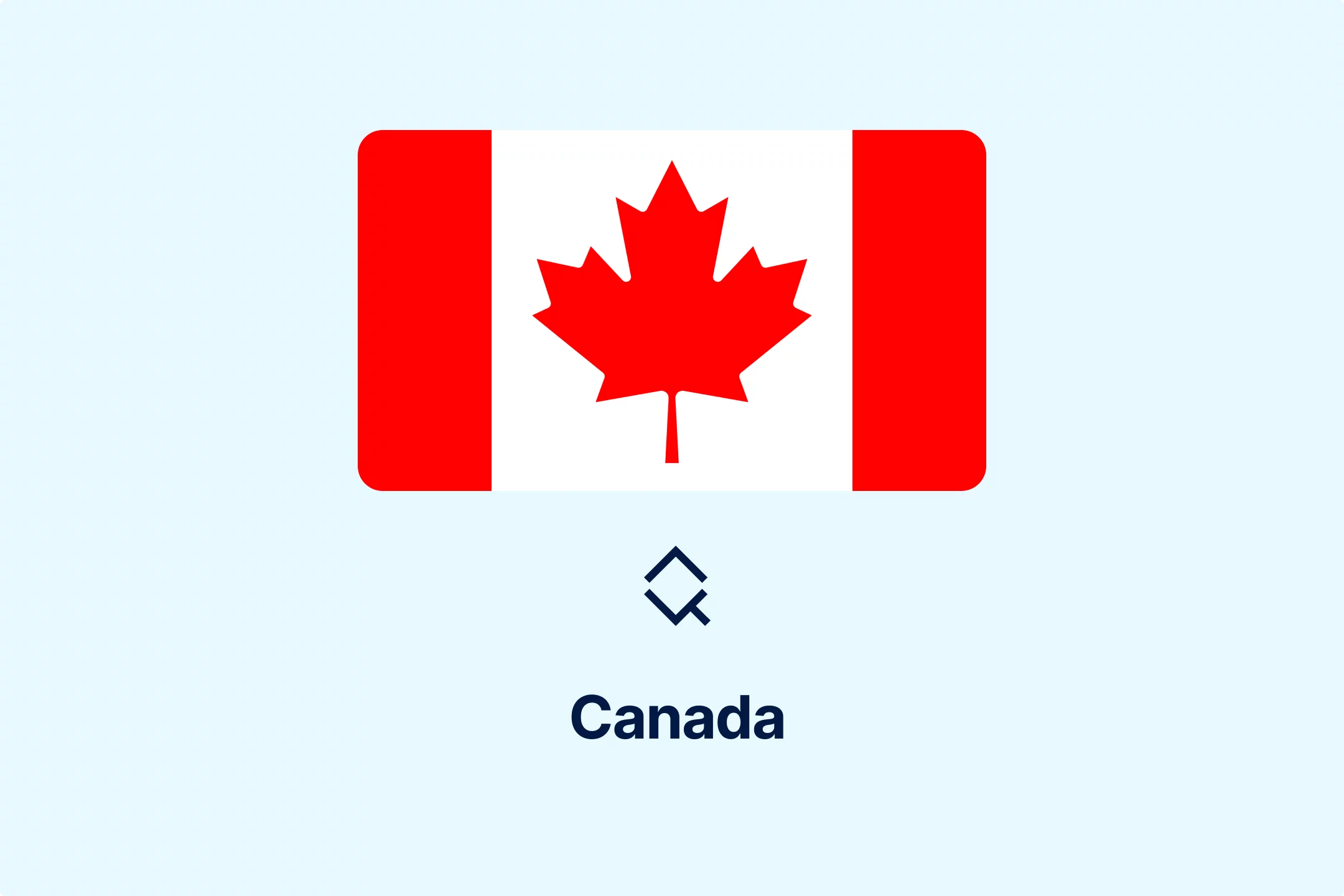





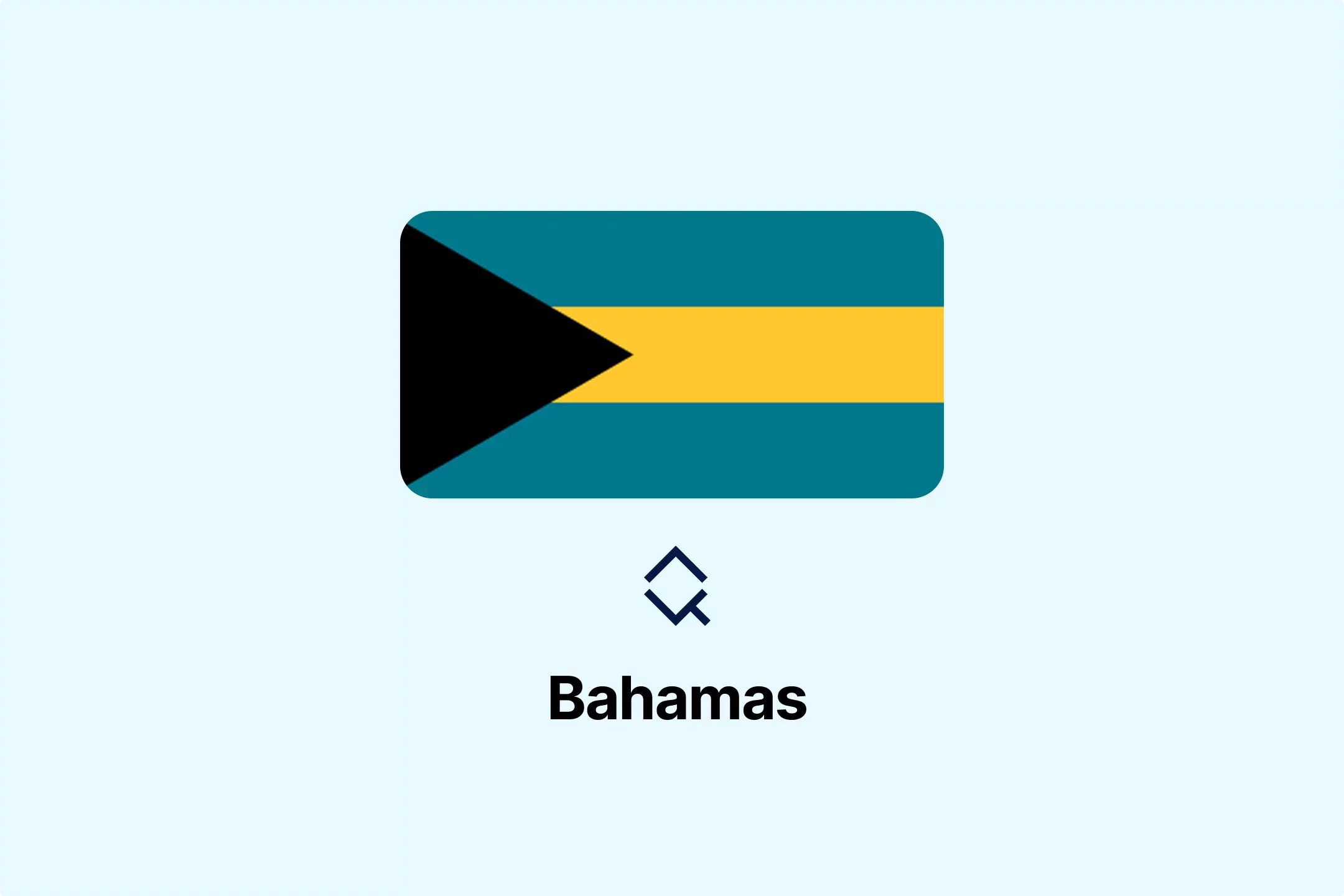



-qoqtiao7l2.webp)

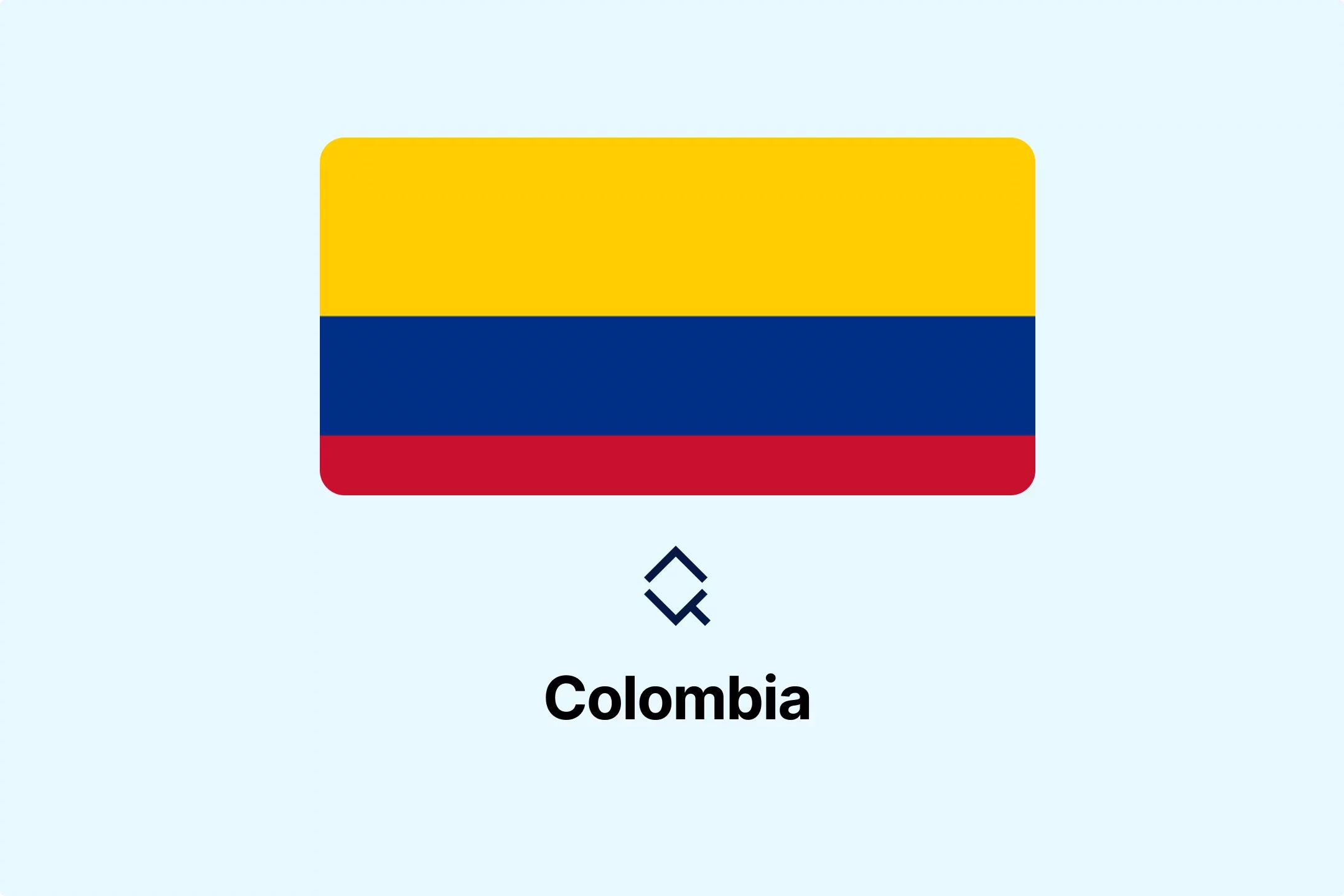
-pdupgqz2r8.webp)
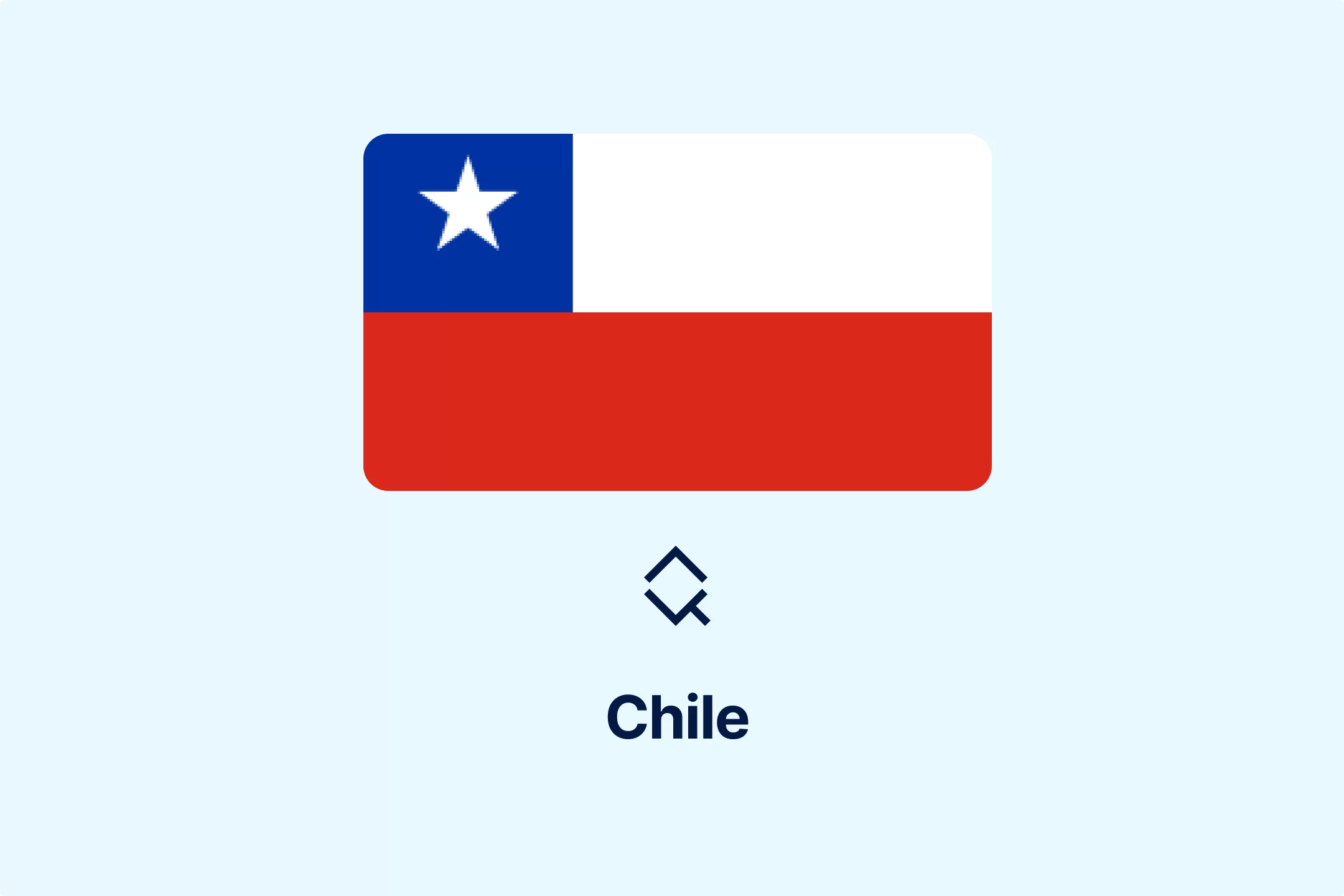
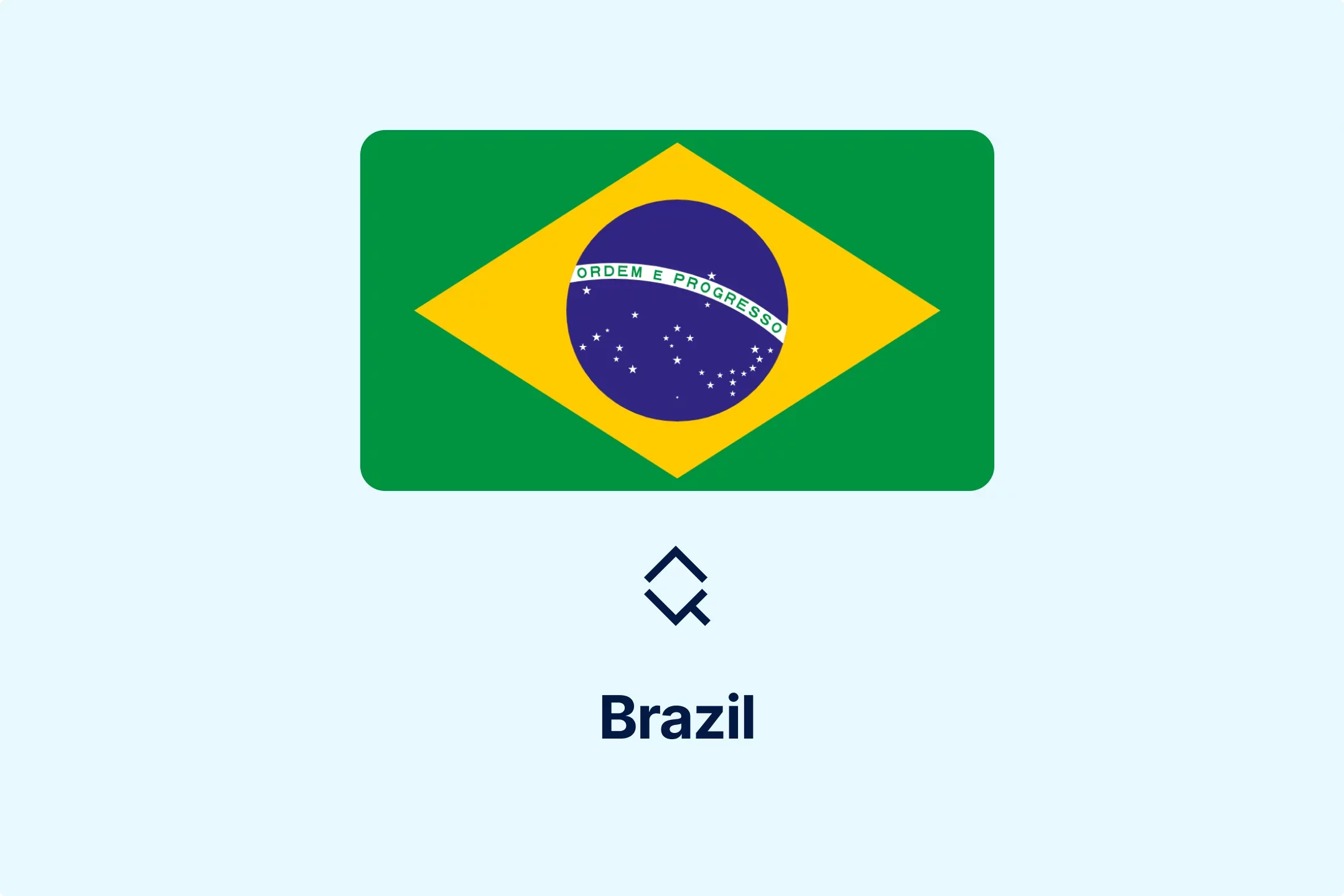




-o0xyg5unvs.webp)

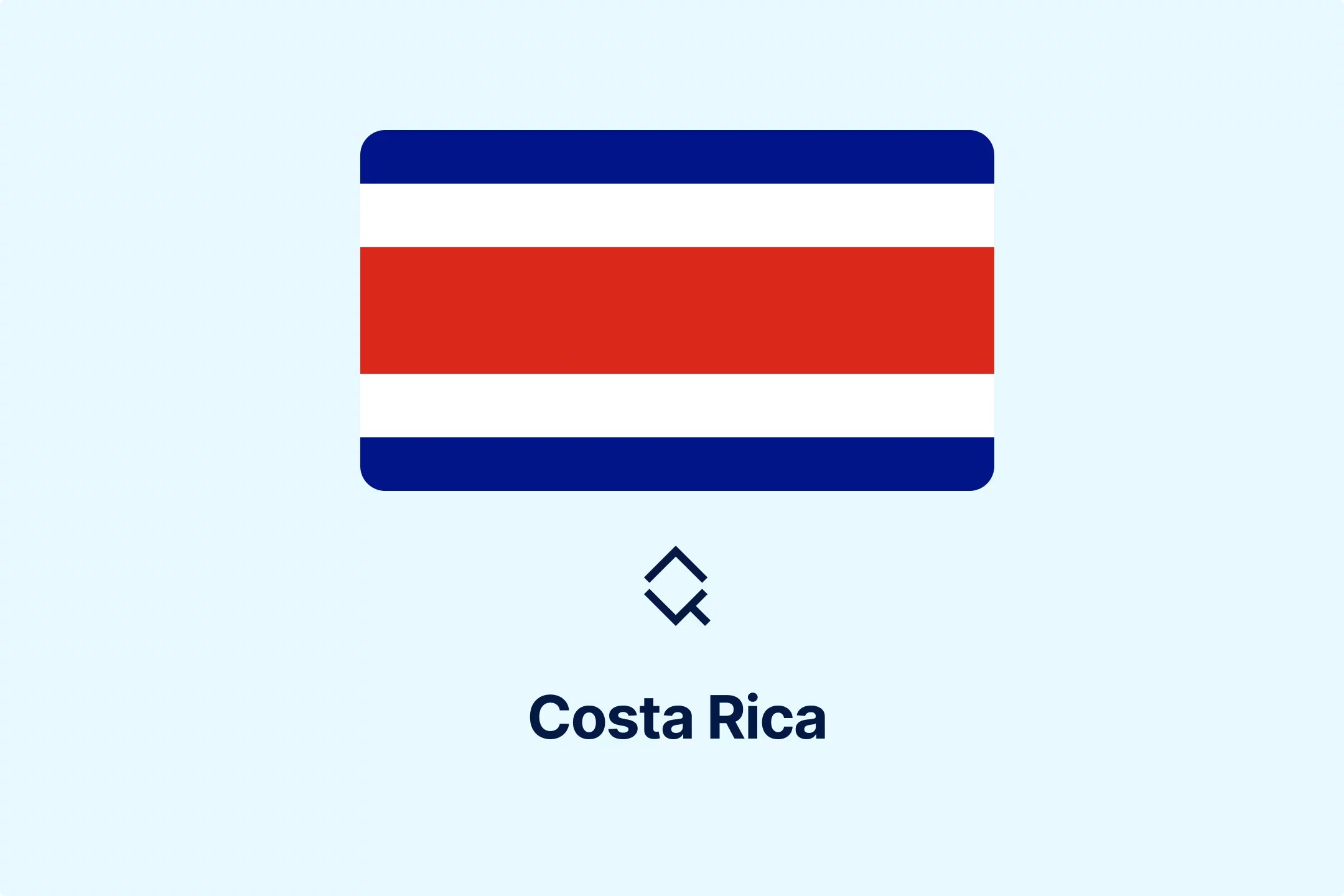
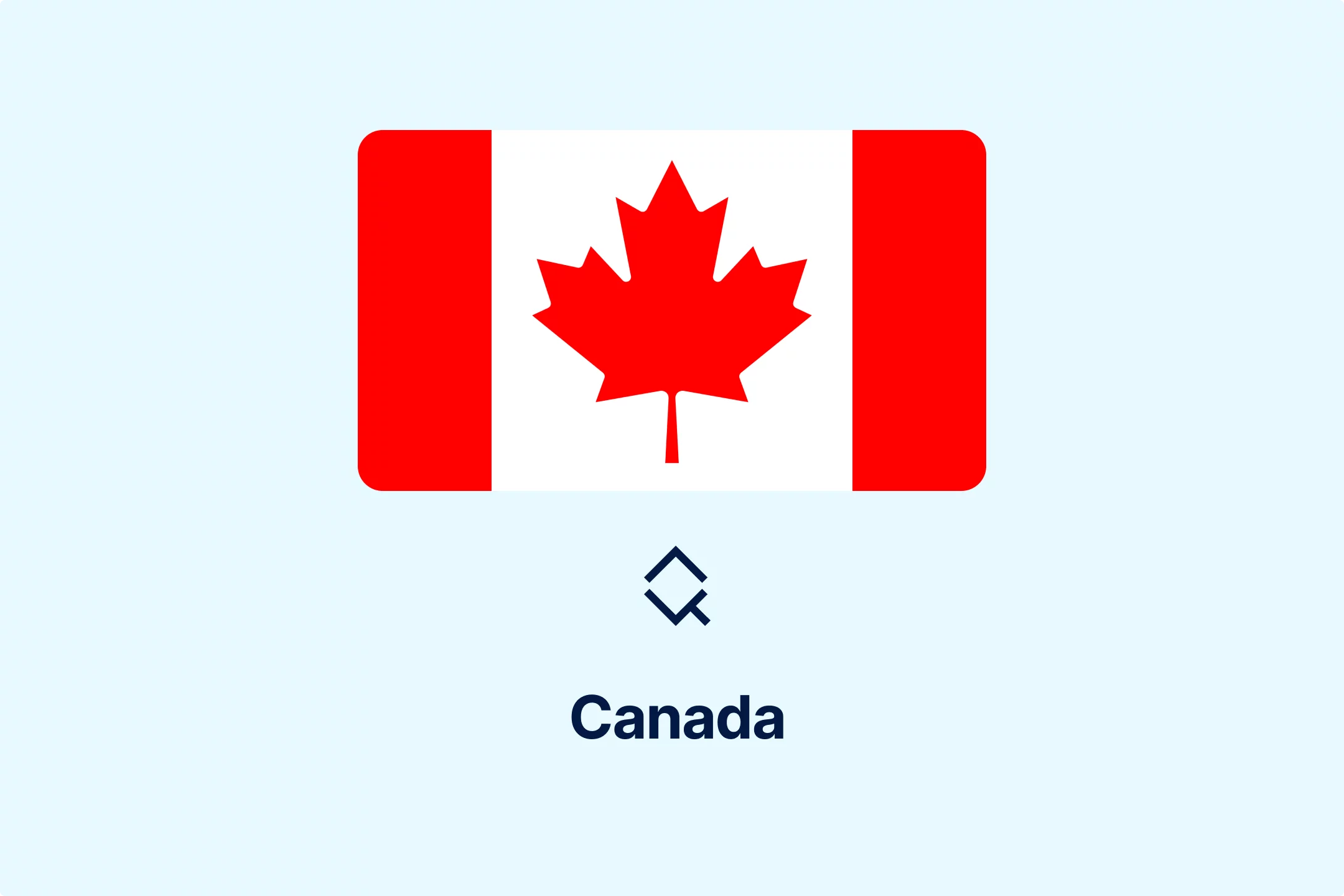
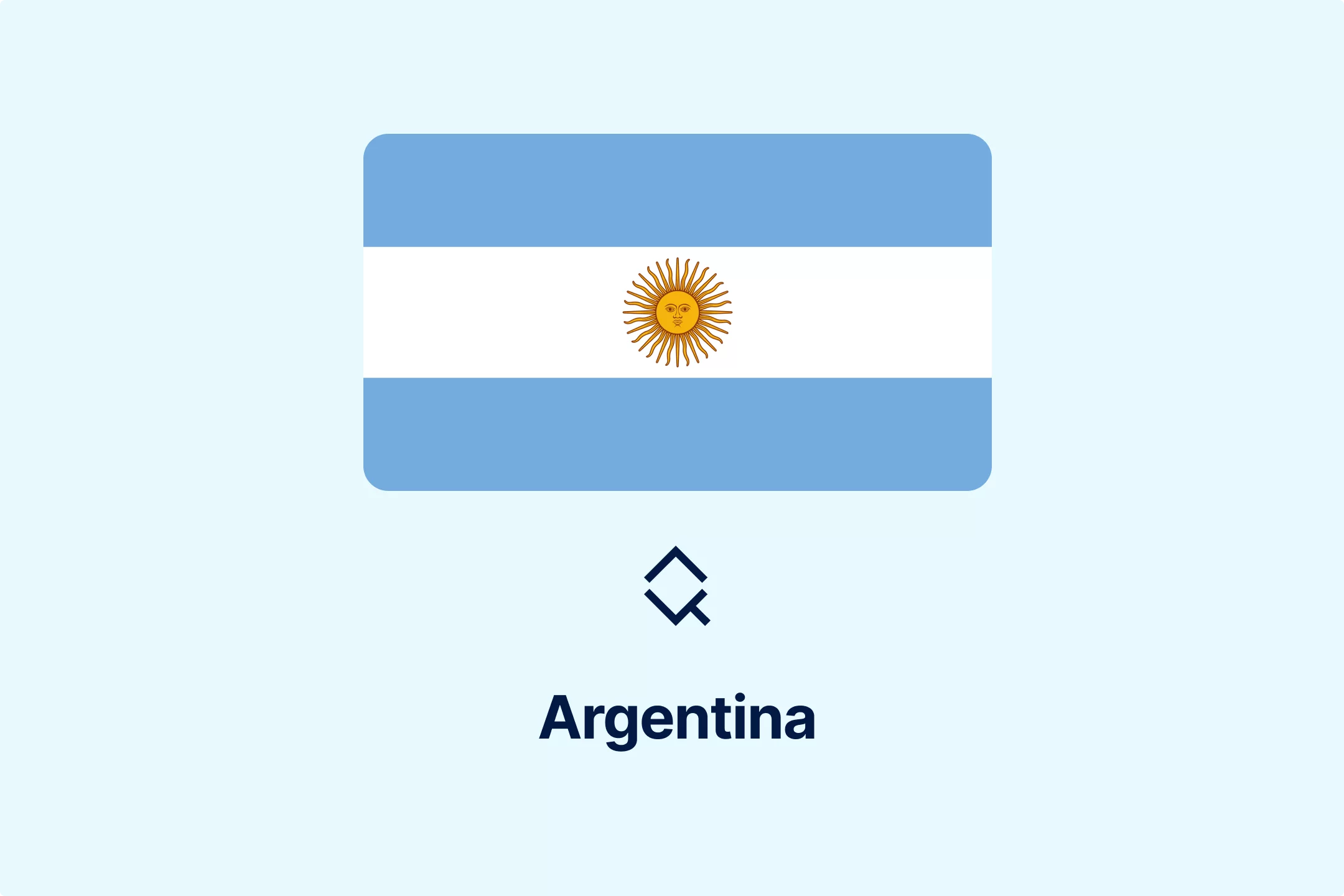



-sebuexzucq.webp)





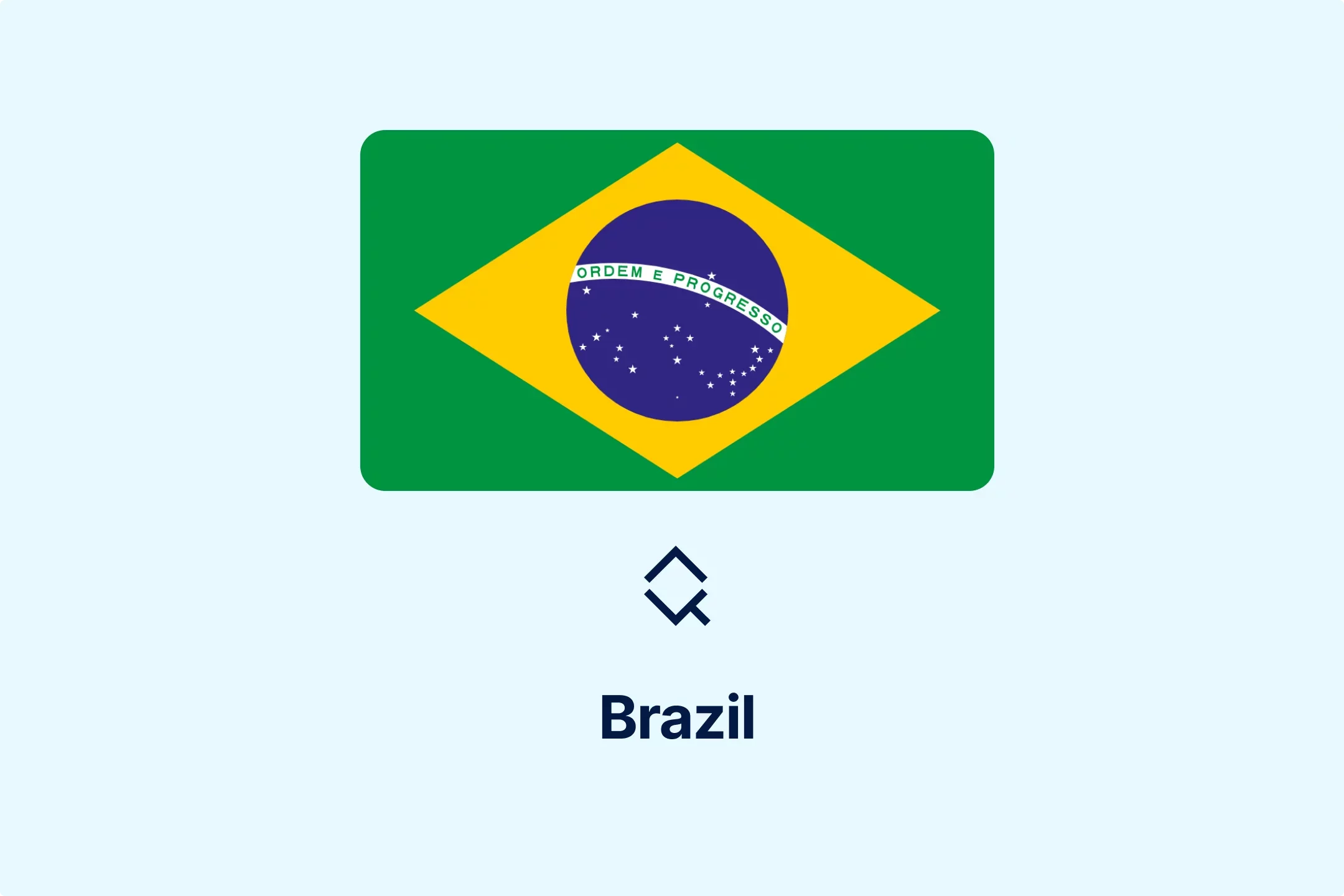

-sug7vykj81.webp)







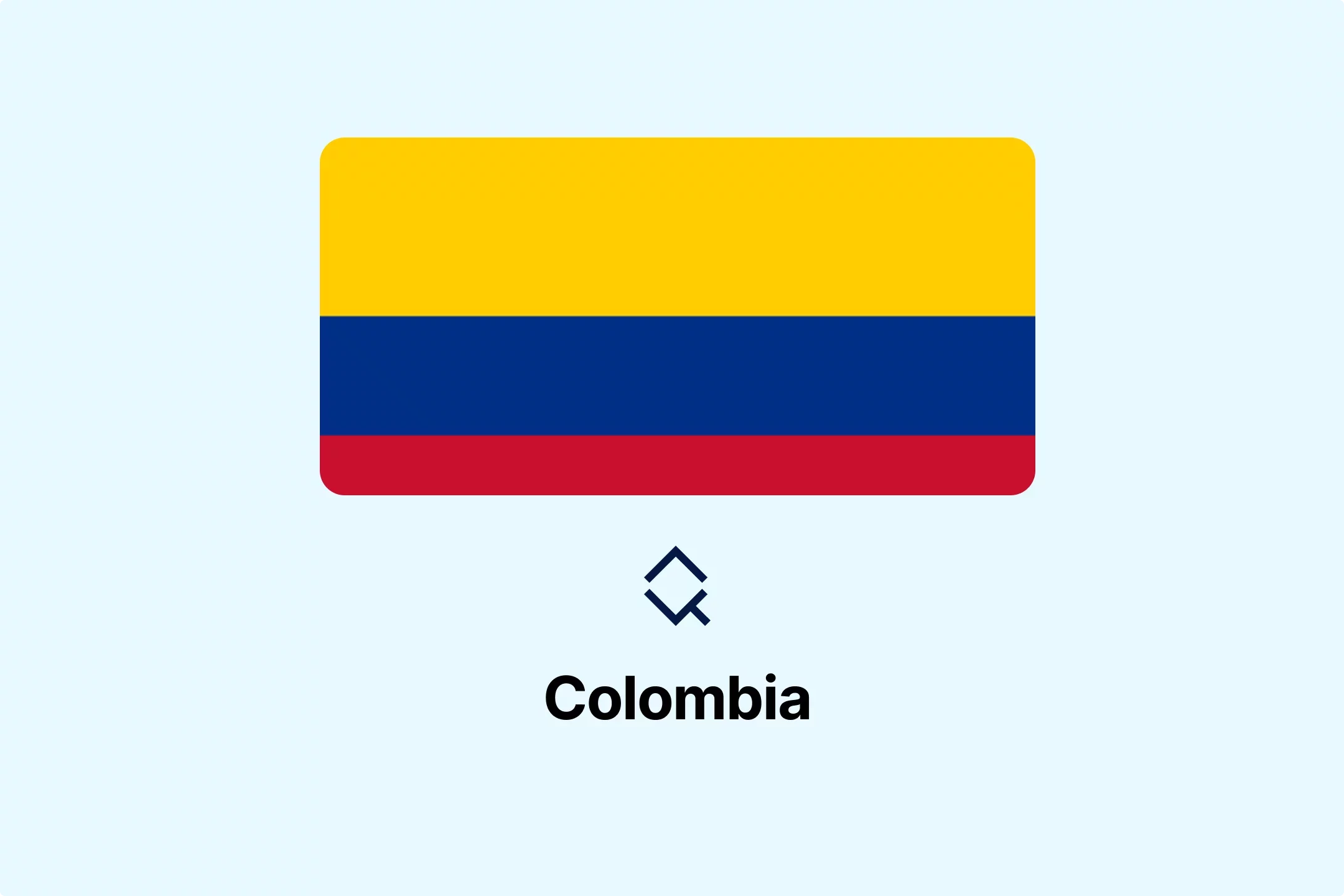
-gsvc6ack9u.webp)

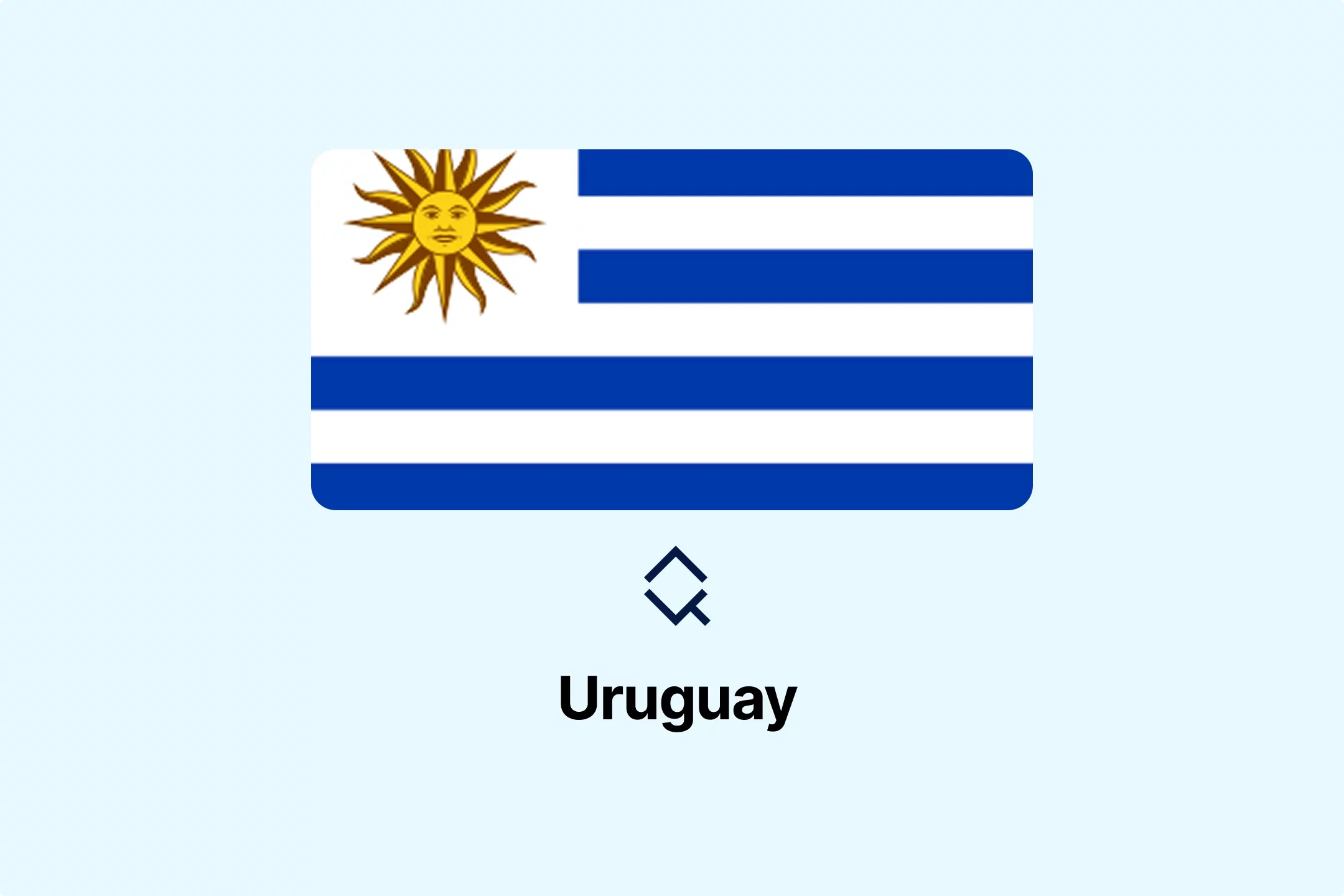


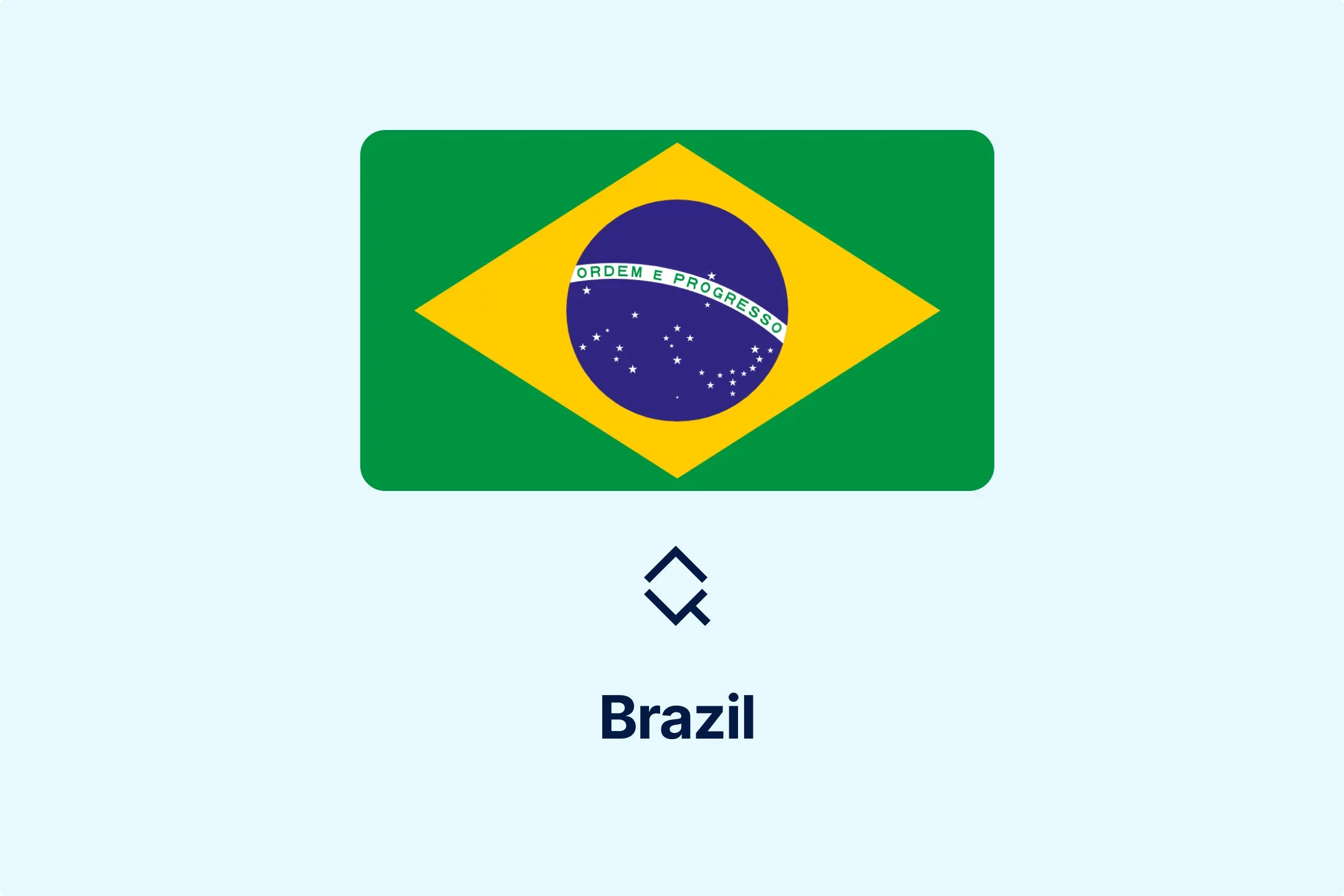


-xsarn0aogt.webp)

-hcel6azmgf.webp)



-p6e3ovhdh3.webp)


-fbovkq9h8b.webp)
-pofe7ucwz3.webp)


-d3qhimei1d.webp)




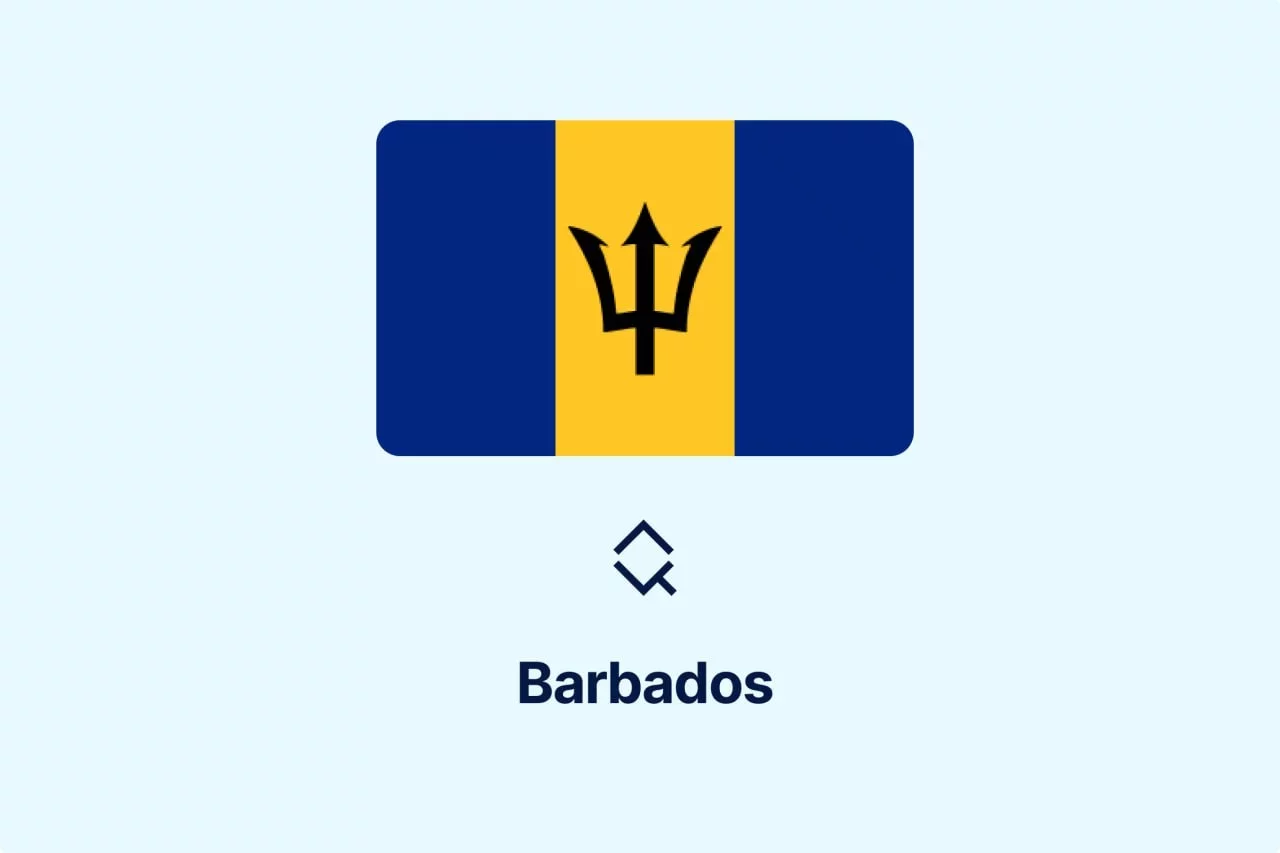

-nilkffjhah.webp)
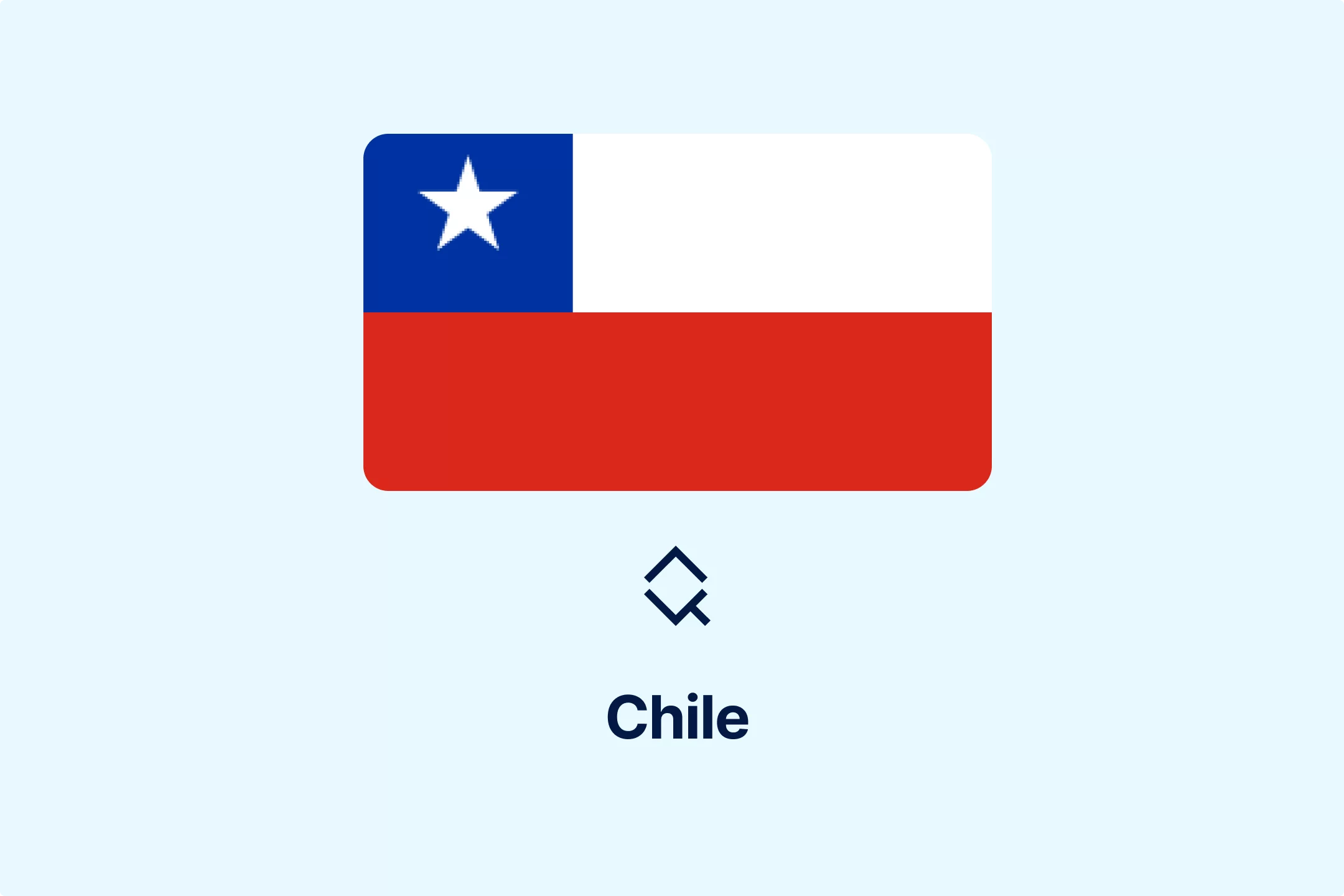












-xbhr0m4jsb.webp)


-ae6fi6cjox.webp)
















-b0fpsws1w1.webp)






















-x78wuofpzj.webp)



















-b44f1vjl1i.webp)




-priw8nq5xc.webp)
-8bkw2pujxu.webp)


.png)

.png)




.png)














































